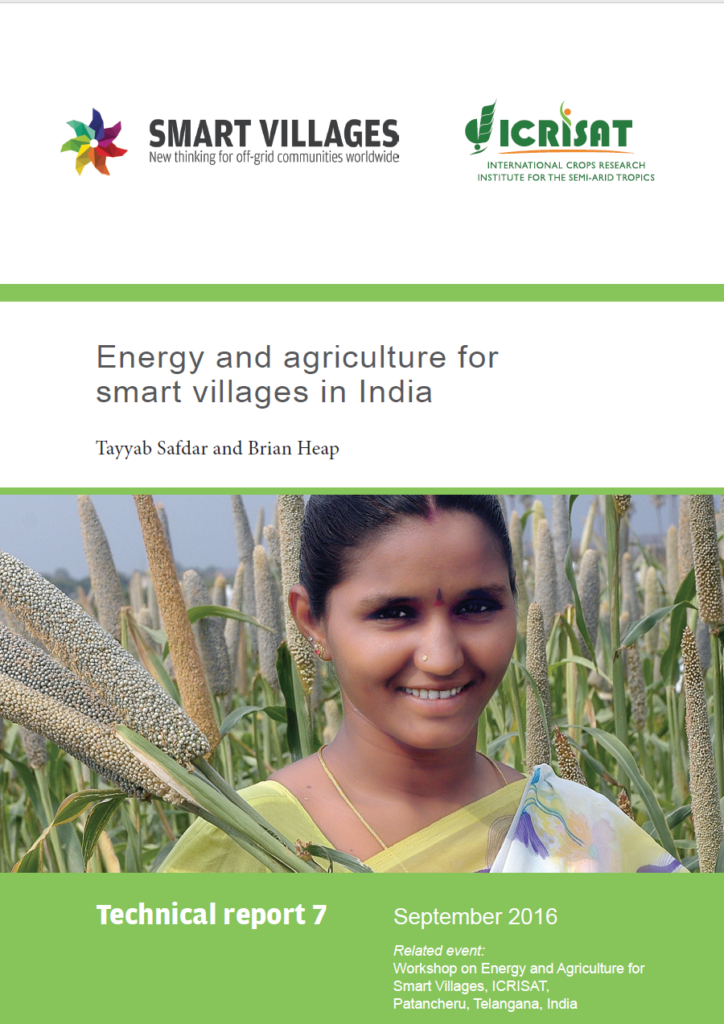TR11: Making Smart Villages a Reality
Access to reliable, affordable and clean energy is a cornerstone of sustainable development. Despite this 1.2 billion people continue to have no access to electricity and a further 3 billion are energy poor. Often cited reasons for the lack of progress include the technological and financial difficulties associated with bringing electricity to rural areas due […]
TR11: Making Smart Villages a Reality Read More »











